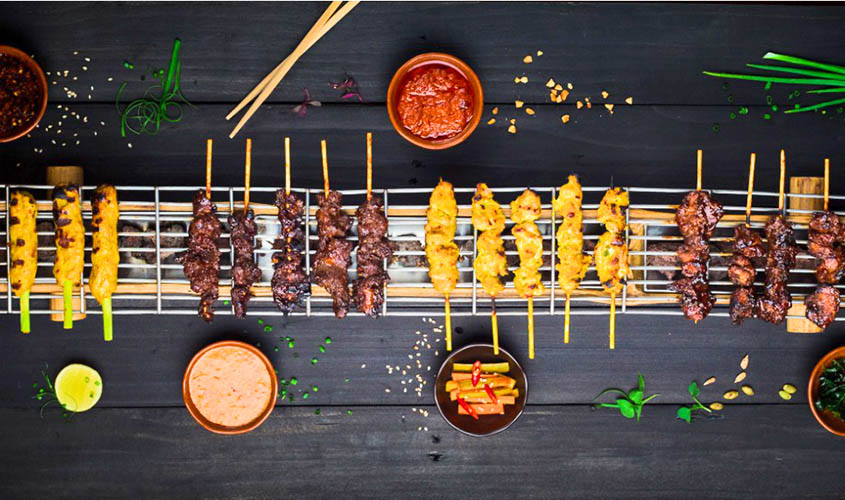India’s hospitality sector has opened up in an unprecedented way, with fine dining venues as well as casual cafés finding success. While conventionally food and drinks have been the most important aspects of any restaurant, concepts now play a major role in attracting diners. Whether the approach is old and classic or playful and modern, various concepts are being
It’s no longer about having fine décor, good food and comfortable seating. Guests now want experiential dining. What constitutes that? From the interiors and furniture to cutlery and music, everything becomes as important as the menu and quality of the food served.

I believe that a good concept has a personal dimension. Restaurants of all shapes, sizes and renditions need that special something to make them unique and approachable. Through innovation or design, many restaurants have reached the apex of success simply because of the concepts they were designed around.
Finding a concept restaurant in India is easy enough today. But finding what suits you best remains a challenge. Thus, choosing a concept that fits well a particular location, menu plan and personality is crucial.
A good restaurant concept always covers a diversity of elements with one cohesive mood or tone. From the name of the brand to the details of the interiors—everything contributes to the overall concept. Be it any fast food place, or a casual, fine dining, gastro-pub, or indeed a fusion, fusion buffet and café, a clearly defined concept adds to the customer experience by ensuring a consistent theme.

The research begins with understanding the diverse restaurant market. Location is an important benchmark that decides the tonality of the concept selected. For example, Mumbai could be a better market for new concepts, high-end cafés, vegan and vegetarian venues, but the best place to feature foreign cuisines, trendy cafés and fine-dining restaurants would be Delhi-NCR. Similarly, a beer pub or bar in Bangalore can be a good idea.
A good concept on paper can only be executed if certain things are kept in mind. This is where the format—like fine-dining, restobar, QSR café, takeaway joints etc.—comes into play. With different types of concepts available to choose from, understanding the target consumers and price range is a very important part of this process.
Restaurant themes can vary between eras, countries, cinema and so much more. I think in today’s competitive market, undervaluing and not appreciating concepts is the reason why many restaurants fail within the first couple of years of their launch. A good concept allows one to not only understand the business environment and economics of a location, but can also act as deciding factor for a successful restaurant.
Owners need to research things like the weather, kind of people who live nearby, social diversity, the presence of competitors and so on. They also need to learn from their weaknesses and failings. Based on these factors, they should decide the service type, ambience and the culture their restaurant would be offering. The story of success lies in offering concepts that are not only eye-catching, but have a strong base to them.
This is what we have done at Pricol Gourmet Limited. While creating each of our restaurants, we take up extensive research and travel to those regions or countries in order to incorporate the local flavour and culture into the food and interior.
The author is co-founder, Pricol Gourmet Limited, which owns restaurants like Soy Soi, Bharat Bistro and Savya Rasa in Delhi-NCR

